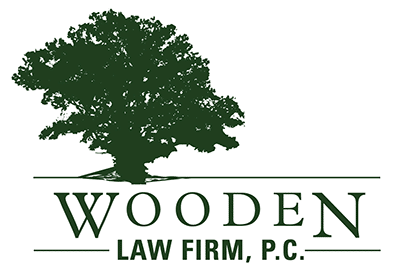When working with real estate, disputes often arise in cases where a trespassing non-owner has been in possession or use of another party’s property. In these situations claims for adverse possession may be raised by the non-owner to gain title to the contested property.
Put simply, adverse possession is a legal doctrine that enables a trespassing party to acquire title to a piece of land that is owned by another party. Adverse possession is sometimes referred to as “squatter’s rights”, but can occur in a variety of circumstances. Adverse possession cases commonly arise in situations where buildings, fences, or other structures are erected on another party’s property.

To assert a claim for adverse possession, a lawsuit must be filed in the proper court. Claims for adverse possession are dependent upon the trespassing party’s use and possession of land in question. These claims frequently arise in lawsuits to quiet title. In Tennessee, adverse possession can take several forms, but there are several general requirements that apply to all adverse possession claims.
What are the requirements for adverse possession in Tennessee?
First, the Tennessee Supreme Court has established that parties claiming to adversely possess a piece a property must show that their possession is:
(a) actual and exclusive;
(b) open, visible, and notorious;
(c) continuous and peaceable; and
(d) hostile and adverse.
Whether a party’s possession or use of another party’s property meets these criteria is heavily dependent upon the specific facts of the case.
Second, adverse possession claims have minimum time requirements. Trespassing parties must show that they have been in possession of the property for the required period of time.
The time requirement varies with the type of adverse possession that is being asserted. Under common law, Tennessee courts have held that parties in adverse possession of land for 20 years will gain title to that land, even without any assurance or color of title. When a party has remained in uninterrupted and continuous possession of land for 20 years, their ownership of the property should be presumed.
If a party has assurance of title, also known as “color of title”, then some forms of adverse possession allow for shorter periods of possession. Tennessee courts have described assurance of title as:
“something in writing which at face value, professes to pass title but which does not do it, either for want of title in the person making it or from the defective mode of the conveyance that is used.”
In other words, assurance of title is usually found in situations where a person conveys property without the right to do so or a document defectively grants title to a piece of land.
Tennessee’s statutes afford adverse parties alternate routes by which they can claim adverse possession. For example, where the lands in question were previously granted by the state of Tennessee or North Carolina, adverse possession may be proven by 7 years adverse possession under a recorded assurance or color of title. In addition, adverse possession can also be asserted when the trespasser has been in adverse possession of the property for at least 7 years and has had assurance of title for 30 years.
Contact Our Experts
When contemplating a lawsuit for adverse possession or defending against such a suit, it is important to seek counsel from attorneys that are knowledgeable in real estate law. The attorneys at Wooden Law Firm, P.C. work with real estate disputes on a daily basis and have litigated numerous cases involving adverse possession claims.
To learn more, or speak with our experienced attorneys, contact us.


